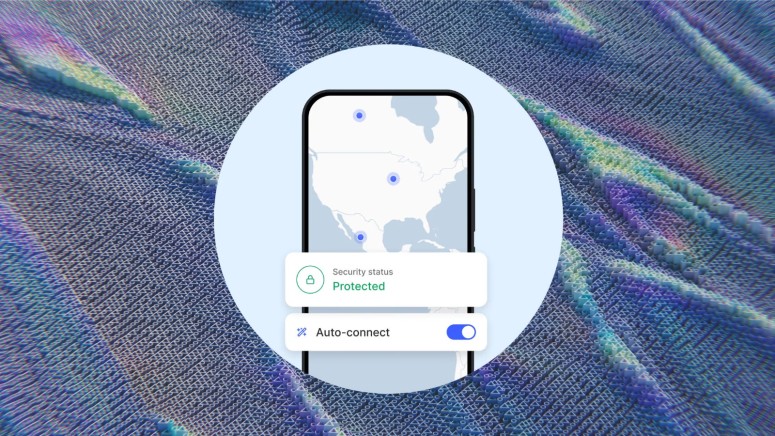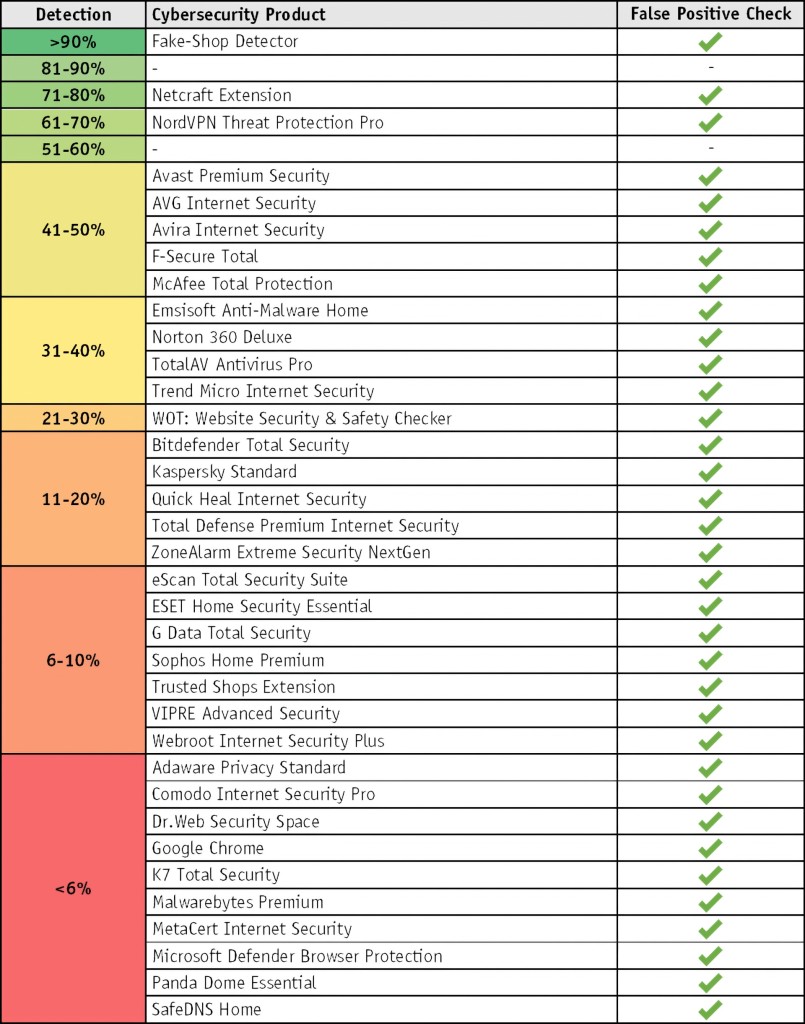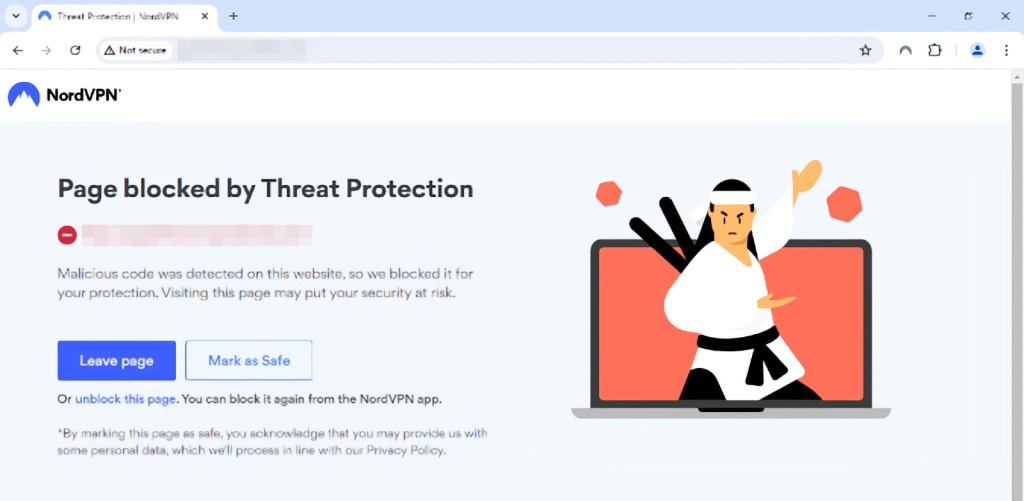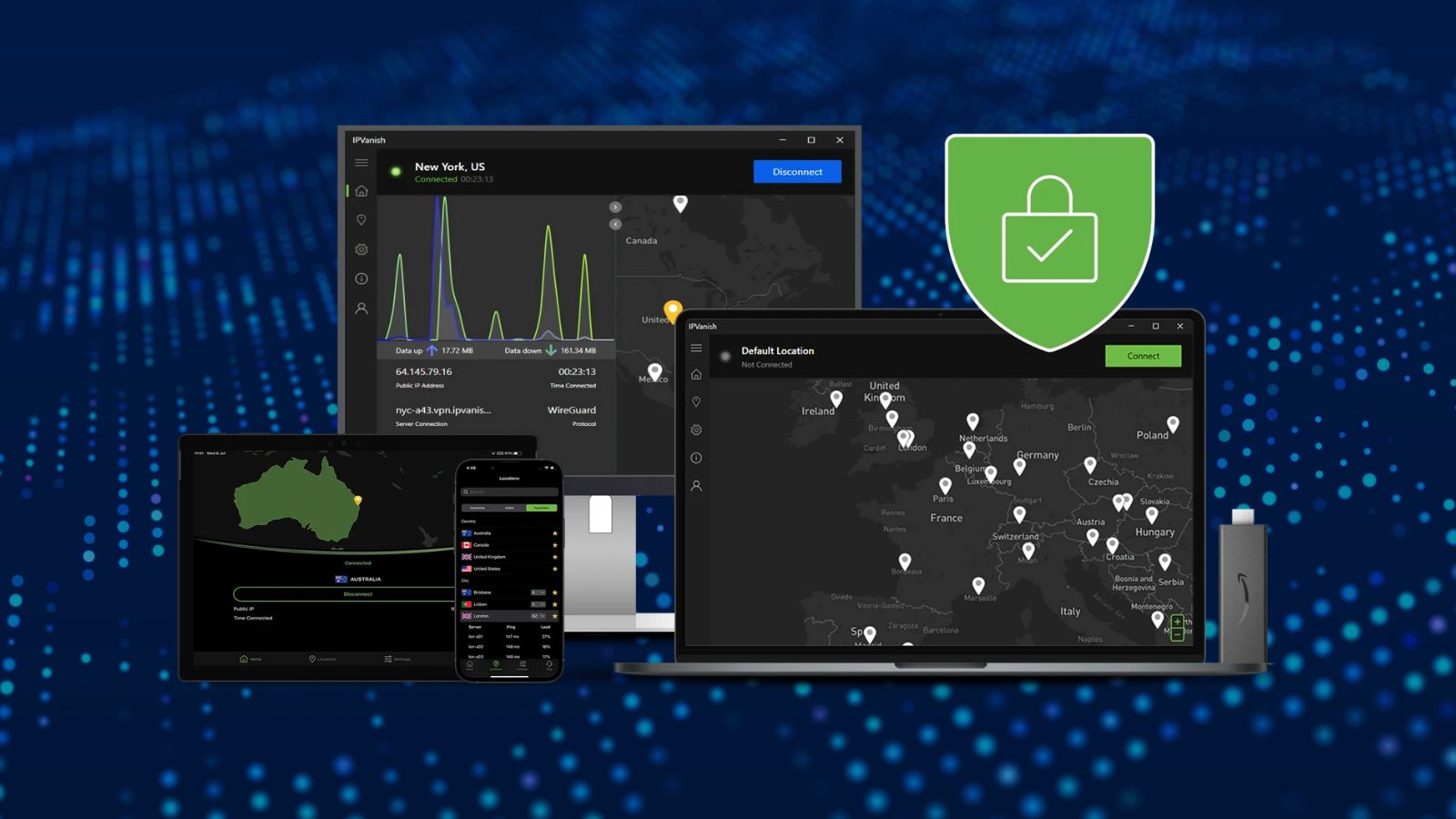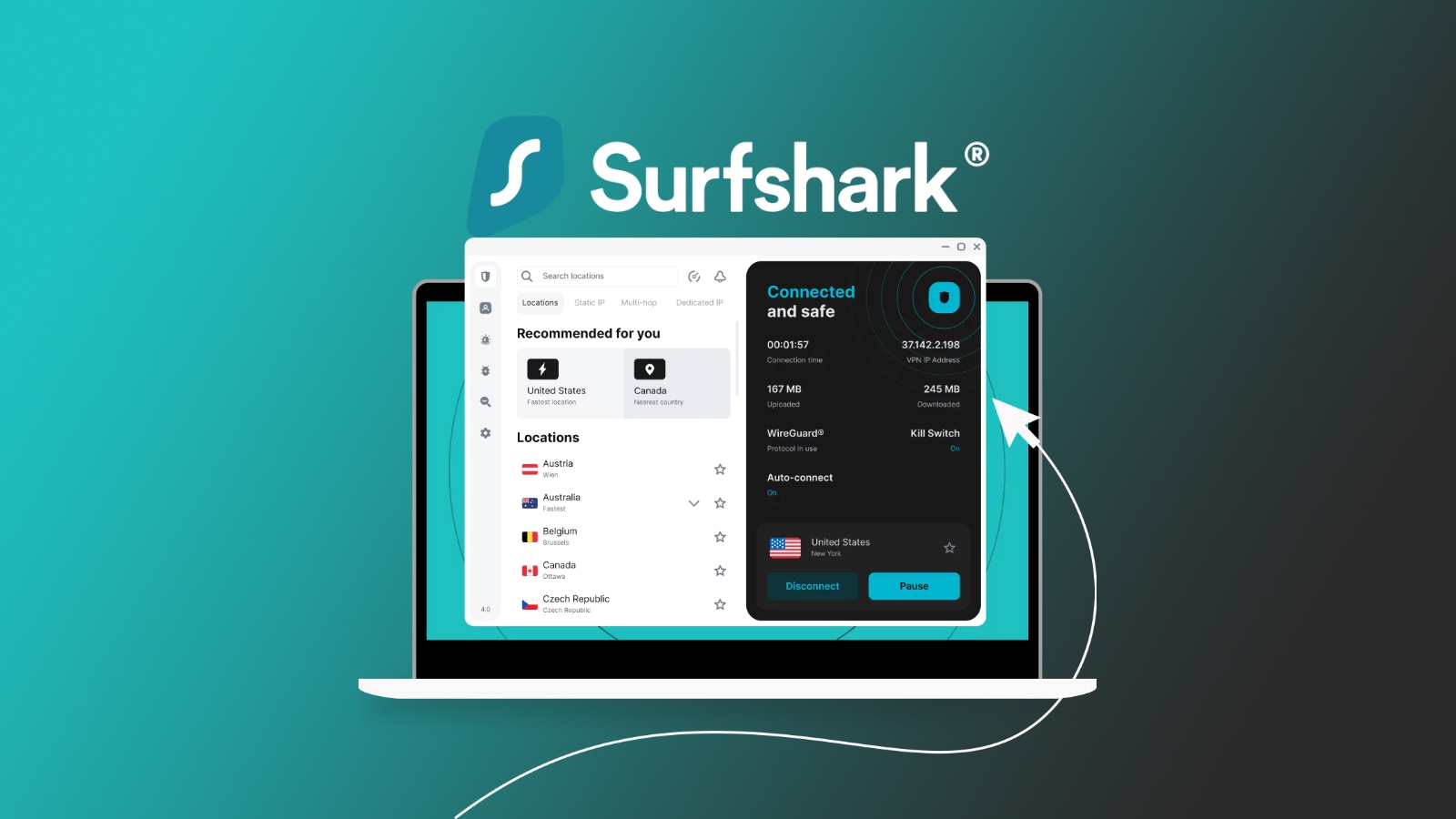
NordVPN Now Ranks Among the Best Tools for Detecting Fake Online Shops
- NordVPN has proven to be highly effective at preventing its users from visiting fraudulent online stores.
- The VPN offers an advanced cybersecurity tool and AI to detect malicious websites, prompting an alert when needed.
- NordVPN’s Threat Protection Pro is available on Windows and macOS.
NordVPN’s Threat Protection Pro, included in upper-tier NordVPN subscription plans, has been tested by AV-Comparatives, one of the leading independent organizations for systematic software security testing. More precisely, AV-Comparatives conducted a fake-shops test, which included 35 highly popular cyber-security products, to check how well they can identify online shops run by scammers.
AV-Comparatives’ test cases included 500 fake and 100 legitimate shops, checking each cyber-security tool’s effectiveness at redirecting users away from malicious websites. NordVPN ranked third, showing that its ability to protect users from online scams is admirable.
The table above shows the test results for the 35 tested tools, where you can see that NordVPN has managed to block up to 70% of malicious websites. That’s due to the VPN’s use of “Smart AI” and an extensive database to stop you from visiting fraudulent websites, which helps you avoid phishing scams more successfully.
AV-Comparatives notes that even the most effective tools for detecting fake shops aren’t bulletproof solutions. Therefore, it’s crucial to stay vigilant when shopping online. You can recognize fake shops by unrealistic discounts, poor grammar, and misspelled domains. Also, you should look for contact information, review privacy policies, avoid unusual payment methods, and research the retailer.
As mentioned in our own NordVPN review, it’s worth noting that NordVPN’s Threat Protection Pro does more than detect fake online stores. It blocks trackers from following you around the Web, eliminates online ads, trims URLs to make it easier to share links, scans files for malware, and detects app vulnerabilities (prompting you to update or use them with caution).
Threat Protection Pro is available on Windows and macOS. If you’re a Mac user, you need to download NordVPN from its website to access this feature instead of installing it from the Mac App Store. Mobile versions and NordVPN’s browser extensions offer ‘Threat Protection’ (previously known as ‘Threat Protection Lite’), limited to blocking malicious and phishing domains.

